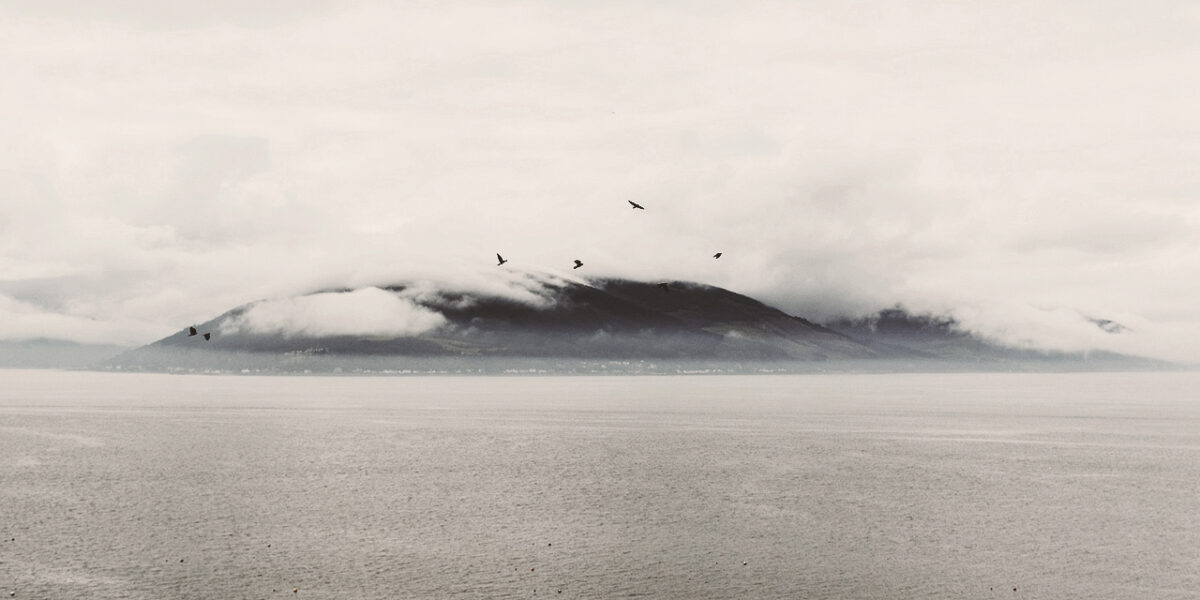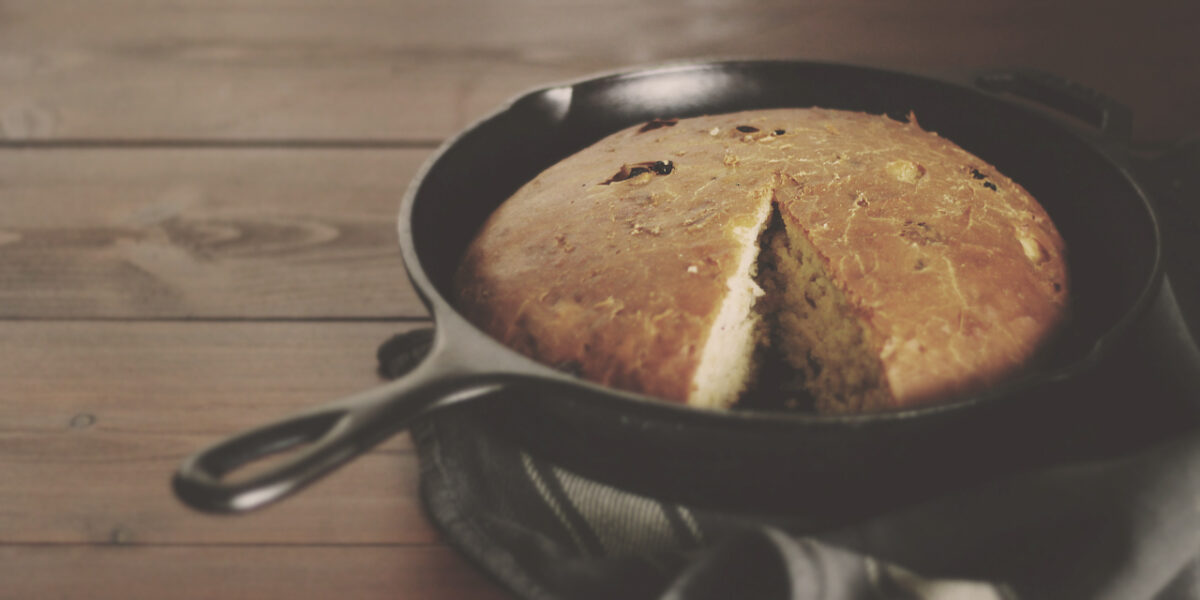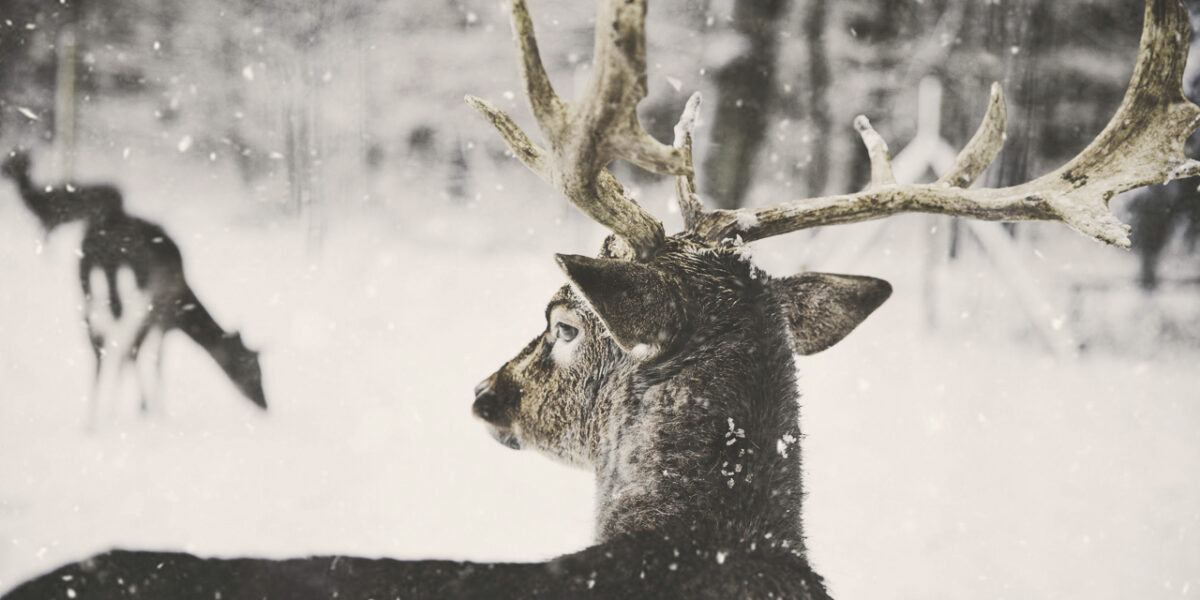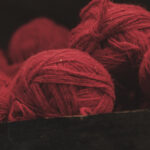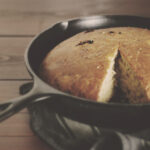I first discovered Clota many moons ago when I began researching the existence of Scottish goddesses (like Dia Greine and the Cailleach) but there was so little known about her that I didn’t spend much time digging any deeper. After a recent conversation with a friend put her back on my radar, I decided to have another go at it and see if I could find out enough about Clota to make her worth writing about.
